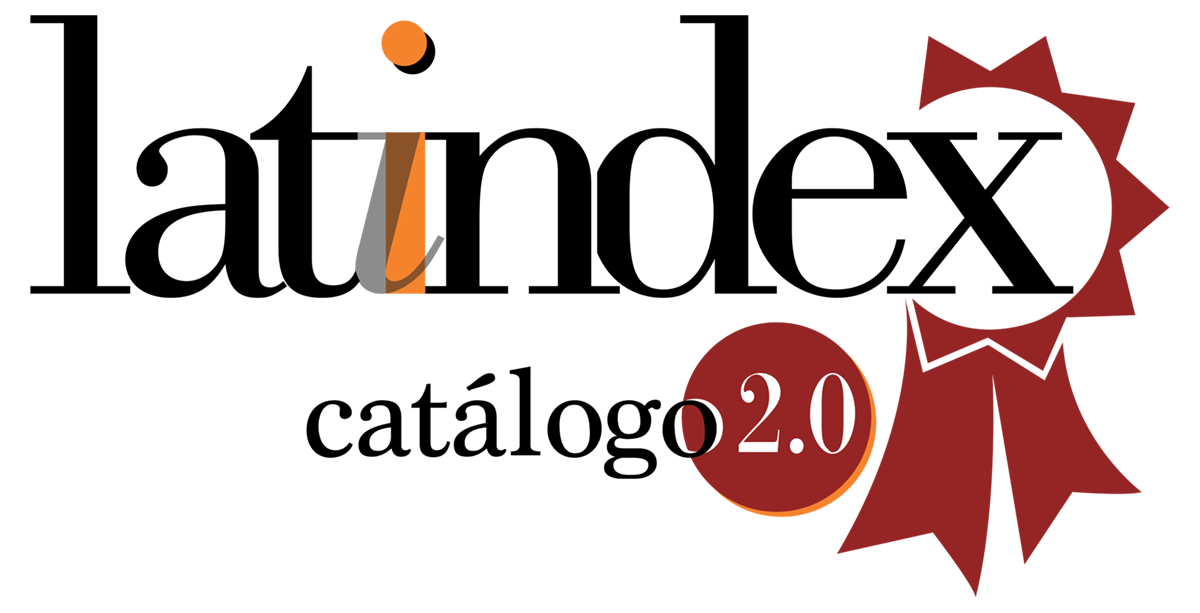There Is No Body with Which to Respond
Nursing, Gender and Pandemic in Times of COVID-19
DOI:
https://doi.org/10.24215/23139048e069Keywords:
nursing, pandemic, working conditions, careAbstract
Nursing occupies a key place in the health system, as it favours health, physical safety and the development of cognitive, physical or emotional skills of people. Its location within the health care chain has placed it in a care relationship with the medical field, where hierarchical and domination relationships doubly conditioned subordination with respect to the hegemonic medical discourse, and gender to consolidate itself as a feminized sector. The COVID-19 pandemic opens a series of questions about the types of alternatives that affect the care work provided by nursing, and that takes shape in the different regional scenarios. The demands generated by the health crisis affected the province of La Pampa with singularity, especially because the region manifested, prior to the pandemic, structural problems in specialized and professionalized training and the satisfaction of these is part of a process of accommodation, negotiation and tension within the sector, which influenced their working conditions.
Downloads
References
Administración Nacional de la Seguridad Social (ANSES). 2021. Reconocimiento de aportes por tareas de cuidado. Recuperado de https://bit.ly/3DjbLc7
Anuario estadístico (2020). Santa Rosa, Argentina: Dirección General de Estadísticas y Censos. Recuperado de https://estadistica.lapampa.gob.ar/
Aspiazu, E. (2017). Las condiciones laborales de las y los enfermeros en Argentina: entre la profesionalización y la precariedad del cuidado en la salud. Trabajo y Sociedad, (28). Recuperado de https://www.unse.edu.ar/trabajoysociedad/28%20DOSSIER%2002%20ASPIAZU%20ELIANA%20Enfermeras.pdf
East, S., Laurence, T. y López Mourelo, E. (2020). COVID-19 y la situación de las trabajadoras de la salud en Argentina. Informe técnico. Ginebra, Suiza: Organización Internacional del Trabajo (OIT). Recuperado de https://www.ilo.org/buenosaires/publicaciones/WCMS_754614/lang--es/index.htm
Gherardi N., Pautassi L. y Zibecchi C. (2013). Presentación. En L. Pautassi y C. Zibecchi, (Coords.), Las fronteras del cuidado. Agenda, derechos e infraestructura. Ciudad Autónoma de Buenos Aires, Argentina: ELA, Biblos.
Gollan, D. , Kreplak, N. y García E. (2021). La salud sí tiene precio: Medicamentos, hospitales, pandemias y la necesidad de repensar el sistema sanitario. Ciudad Autónoma de Buenos Aires, Argentina: Siglo XXI.
Kergoat, D. (2002). División sexual del trabajo y relaciones sociales entre los sexos. En H. Hirata y otros, Diccionario Crítico del feminismo (pp. 66-74). Madrid, España: Síntesis.
Ley 27.532 (2019). Por la cual se regula la Encuesta Permanente de Hogares (EPH) a la Encuesta Nacional del Uso del Tiempo del Sistema Estadístico Nacional. B.O. Nº 34266. Recuperado de https://bit.ly/3F8Heze
Maceira, D., Olaviaga, S. y Iñarra, V. (2021). La reorganización de los servicios de salud. Experiencias provinciales en la gestión sanitaria de la pandemia del COVID-19 en la Argentina. Ciudad Autónoma de Buenos Aires, Argentina: Fundar. Recuperado de https://www.fund.ar
Malleville, S. y Noguera D. (2021). ¿Situación de emergencia o problemática histórica? Salarios, pluriempleo y organización cotidiana en el trabajo de cuidado de enfermería. En AA.VV., Ensayos sobre economía y género. Ciudad Autónoma de Buenos Aires, Argentina: Biblioteca Nacional / Ministerio de Economía.
Ministerio de Salud de la Nación (2020). Estado de situación de la formación y el ejercicio profesional de Enfermería en Argentina. Ciudad Autónoma de Buenos Aires, Argentina: Ministerio de Salud. Recuperado de https://www.argentina.gob.ar/sites/default/files/estado_de_situacion_de_la_formacion_y_el_ejercicio_profesional_de_enfemeria_ano_2020.pdf.
Norverto, L. M. (2021). Redes vitales. Trabajo, relaciones de género y gestión de la vida en La Pampa contemporánea. Ciudad Autónoma de Buenos Aires, Argentina: Teseo.
Folbre, N. (2001). The Invisible Heart. Economics and Family Values. Nueva York, United States: The New York Press.
Pautassi, L. (2021). El trabajo de cuidado no remunerado en Salud en el contexto de América Latina. La centralidad durante la crisis de COVID-19. Estudios sociales del estado, 7(13). https://doi.org/10.35305/ese.v7i13.253
Ramacciotti, K. y Zangaro, M. (2019) Presentación. En G. Guerrero, K. Ramacciotti y M. Zangaro, Los derroteros del cuidado. Quilmes, Bernal: Universidad Nacional de Quilmes
Published
How to Cite
Issue
Section
License
Copyright (c) 2022 Cuadernos de H ideas

This work is licensed under a Creative Commons Attribution-NonCommercial-ShareAlike 4.0 International License.
The acceptance of an original by the journal implies the non-exclusive transfer of the economic rights of the authors in favor of the editor, who allows reuse, after editing (postprint), under a Creative Commons Attribution License -NonCommercial-ShareAlike 4.0 International (CC BY-NC-SA 4.0)
In accordance with these terms, the material can be shared (copied and redistributed in any medium or format) and adapted (remixed, transformed and created from the material another work), provided that a) the authorship and original source of its publication (magazine and URL of the work), b) is not used for commercial purposes and c) the same license terms are maintained.
The transfer of non-exclusive rights implies that after its publication (postprint) in Cuadernos de H ideas the authors can publish their work in any language, medium and format; in such cases, it is requested that it be stated that the material was originally published in this journal.
Such assignment also implies the authorization of the authors for the work to be harvested by SEDICI, the institutional repository of the National University of La Plata, and be disseminated in the databases that the editorial team considers appropriate for increase the visibility of the publication and its authors.
Likewise, the journal encourages the authors so that after their publication in Cuadernos de H ideas they deposit their productions in other institutional and thematic repositories, under the principle that offering society scientific and academic production without restrictions contributes to a greater exchange of global knowledge.










.png)

























